The glories of creation reflect the glories of Christ.
In order to understand this, we need to go back to Trinitarian theology. St. Augustine explains that in our souls is located an image of the Trinity. We have memory, intellect, and will, just as God has Father, Son, and Holy Spirit. The Son proceeds from the Father by the mode of intellect. The Father eternally thinks of Himself, and since He is infinite, this brings forth the Son. This is why St. John calls the Son the Logos (John 1:1) and St. Paul call Him the image of the Father (Col 1:15). In the Son, the Father sees Himself reflected.
When God creates the world, He creates it for the Son (as we have discussed in prior articles). Thus, the creation reflects the person of the Son. St. Maximus says that within the Logos, there are many logoi. Logos (plural logoi) is the Greek world for reason. Everything has an essence, the way that thing is. The way these things are exists as a plan in the mind of God, but more specifically, in the person of the Son. (See our article on St. Maximus.)
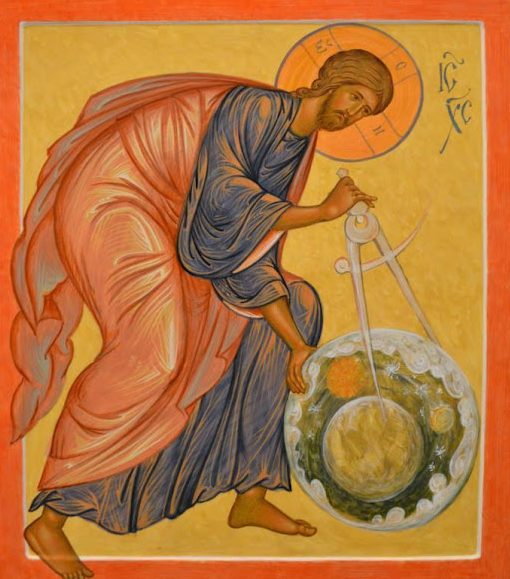
This means that everything was created with the purpose of symbolizing Christ. This is extremely important for understanding symbolism. When the Bible uses symbolism, the prophets are not looking around at the world and coming up with connections that look similar. Rather, the Holy Spirit is enlightening the prophets to understand the true meaning of the world, its symbolic meaning.
This extends to symbolism which isn’t immediately about Christ as well. God did not create water and then 4,000 years later decide it would make a nice symbol of baptism. Rather, God intended baptism, and then created water as a fitting symbol for it. Baptism itself points us back to Christ, and so once again we see that all created things point back to the Logos.
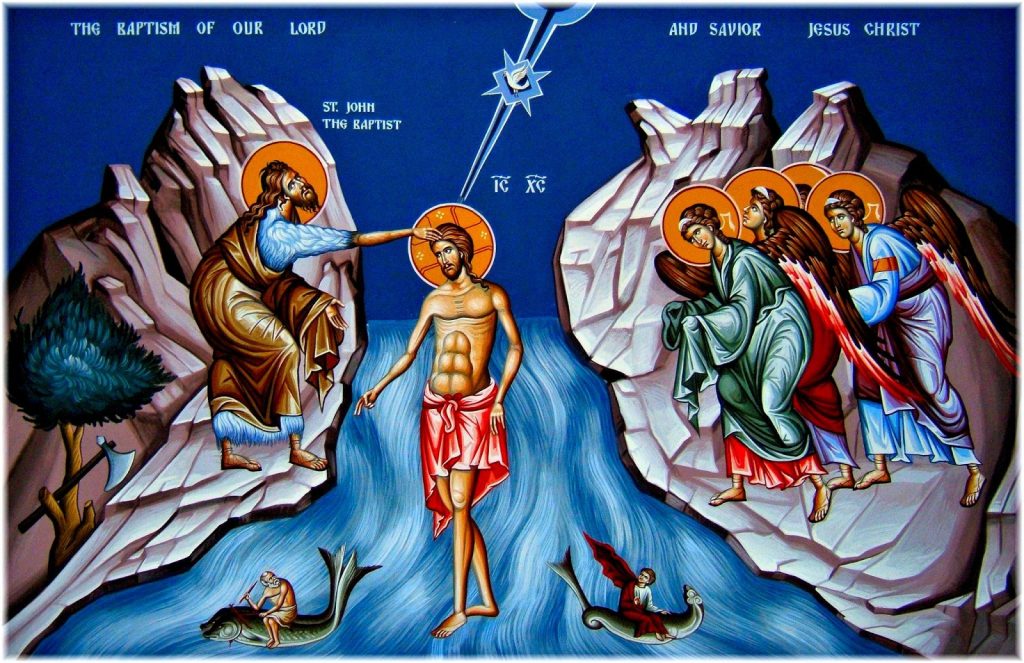
In the modern world, we consider symbolism the product of an active imagination. A good writer invents connections between things. But this is not how the ancients and medievals viewed symbol. For them, the symbol is how things really are. The good writer notices the symbolic connections that actually exist in the world. Scripture shows us that God is a God of symbolism, and so the prophets, apostles, and Our Lord Himself constantly turn to symbolism to make their points.
As we meditate upon creation in our spiritual life, let us never forget that God intended these things to symbolize Christ.
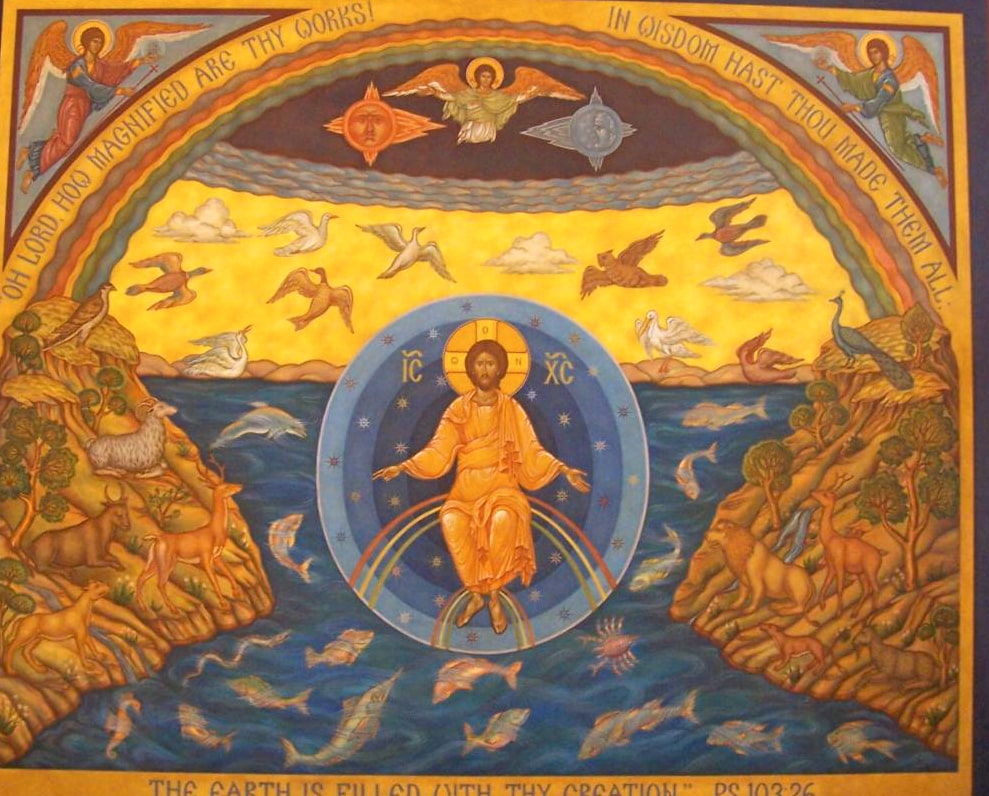
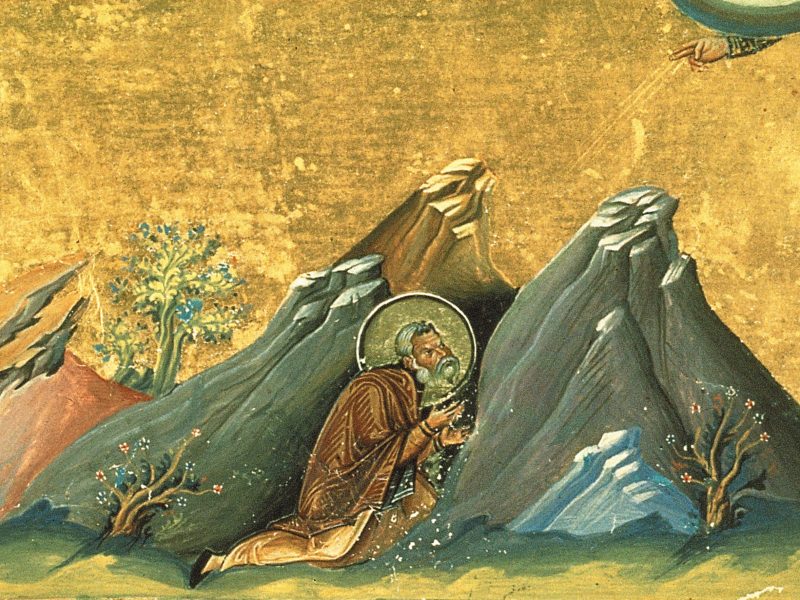
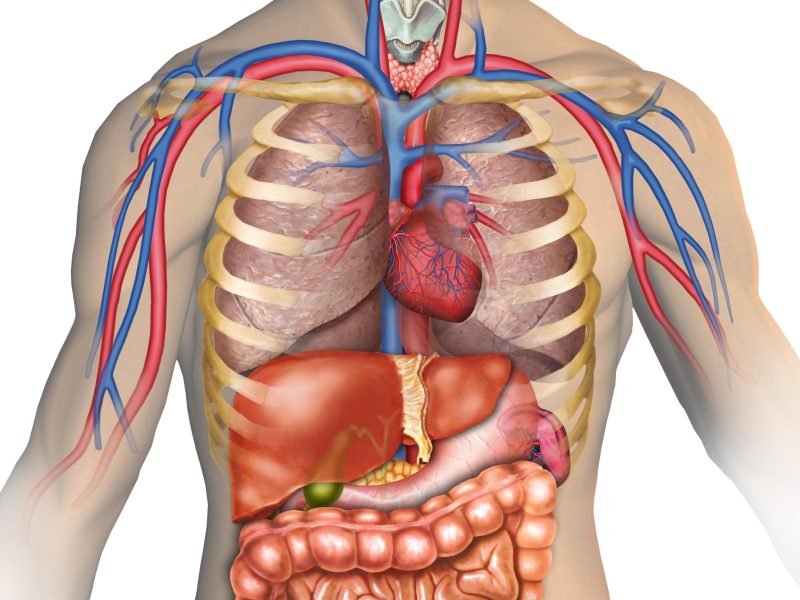
Oh, thank you, thank you, thank you! Every thing you write here is such a good thing for my soul! Let it be known by every Christian, so they may get more light and courage to fight against the darkness of these times! Blessings to all the team of this wonderful fellowship!
Could you please provide the source for the beautiful icon at the top of this page (“Oh Lord how magnificent are thy works?”)?
I got it from this blog: https://gretchenjoanna.com/2012/09/01/the-earth-is-filled-with-thy-creation/
It looks like the icon was painted by Christina DeMichele and is at a Church in Riverside, California.
Many thanks!